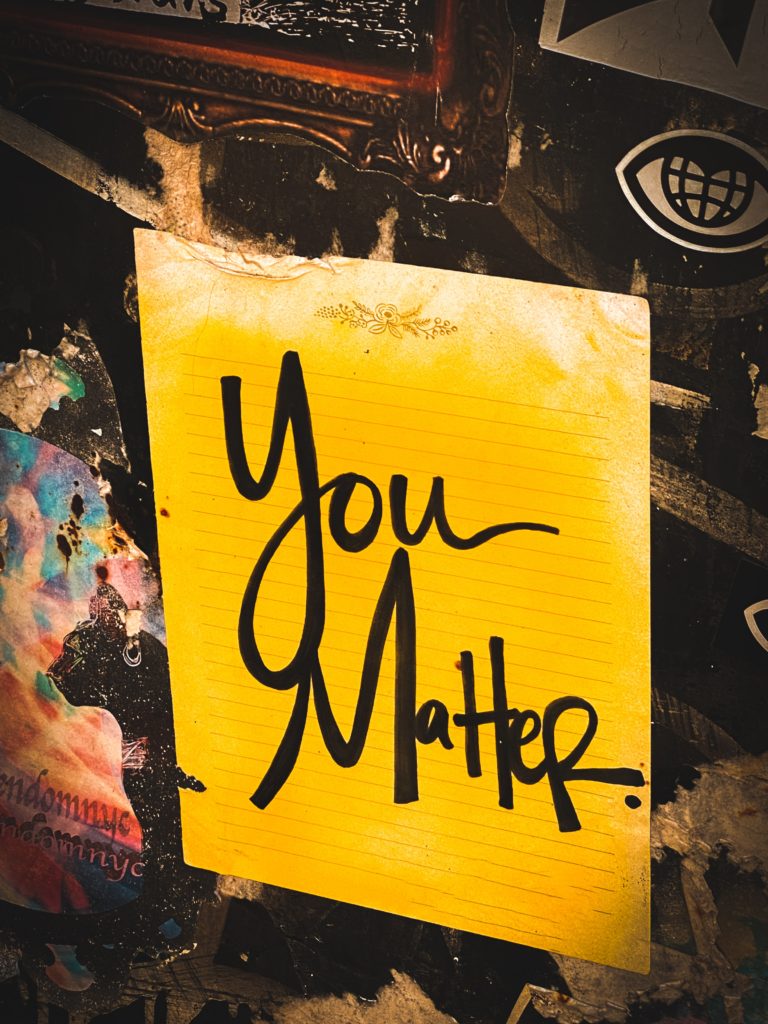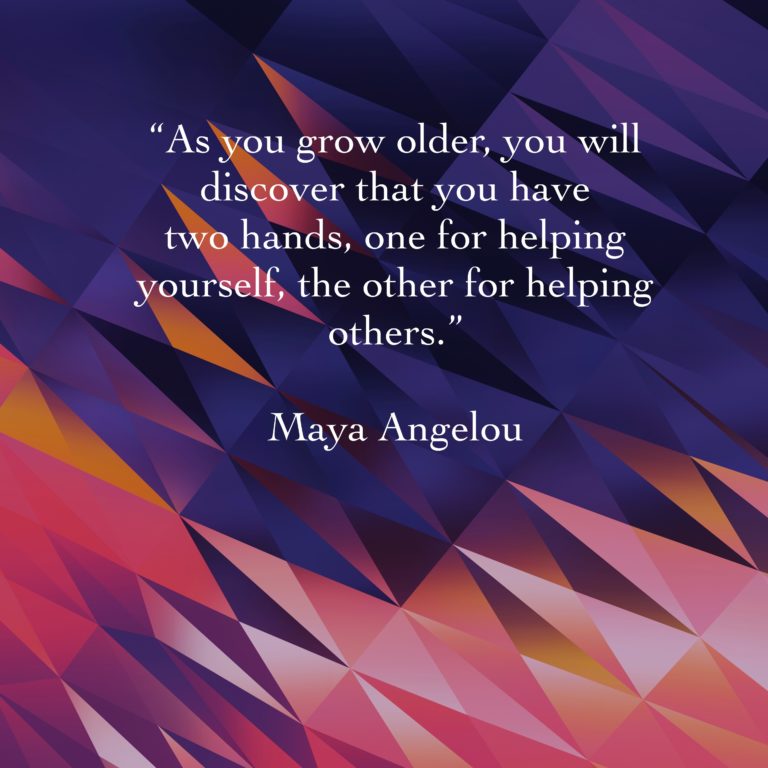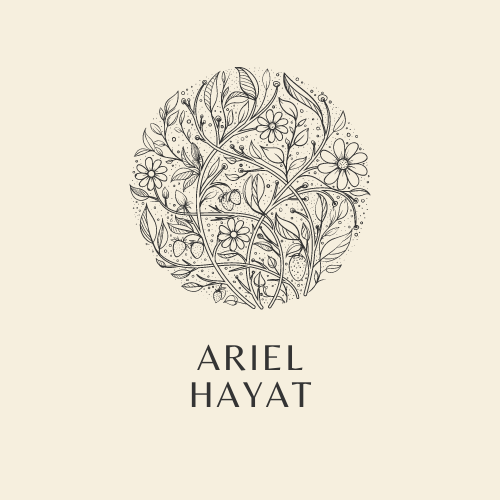Self-Care: Exploring & Building Meaningful & Personalized Practices
A Guide by Two New York City Therapists
Ariel Hayat, LCSW & Mimi Tran, LMSW

We see and hear the phrase self-care a lot. Perhaps it comes in the form of a hashtag, accompanying pictures of a mani-padi, a trip to some city, or a glass of wine. Or perhaps you’ve heard the question from your therapist: “What do you do for self-care?”. We have asked our clients this question before. We have asked ourselves this question before. There are so many different layers of self-care and how it shows up within our own lives, families, workplace settings, cultures, and societies.
Self-care can help us tune into and make space for our mental, physical, emotional, and social needs while maintaining healthy boundaries within the workplace, familial, social, and societal settings. With burnout increasingly becoming prevalent and a serious mental health issue, taking time for yourself is increasingly important.
We must also be cognizant of how the branding of self-care is used within larger capitalist and workspace settings. The burden of self-care is usually put on the individual. Institutions need to be held accountable and create space for self-care instead of telling the individual to take care of themselves, without the supportive structures in place within larger societal, cultural, and workplace settings. This can look like paid mental health days off, having excellent healthcare coverage, including mental health coverage, and allowing employees to honestly talk about workplace culture and its impact on mental wellness while creating space for change.
What does self-care look like for you? Do you feel like you have the time, energy and/or resources to establish a self-care routine? What are the challenges that you might be facing currently that may prevent you from practicing self-care? Do you feel like you are supported in taking care of yourself at work, with family, friends, and partners? Or do you feel as if you are fighting to create time for yourself? In this article, Mimi and I want to take a deep dive into the topic of self-care, share our personal experiences, and offer some tools and resources for you to begin your own self-care journey.
What are your personal experiences with self-care?
Mimi: When I was in social work school, I juggled full time graduate studies, an intensive three-day internship, and a part-time job. As a first generation immigrant, the oldest daughter in the household, and someone with a big caregiver part (as we often say in Internal Family System language), I often put the needs of others before mine. I have heard the phrase “Please put your oxygen mask on first before you assist others with theirs” as a metaphor for prioritizing self-care. However, it was still so hard for me to shift from these ingrained habits of focusing on the needs of others to myself.
My moment of change occurred when I read these words in the Universal Declaration of Human Rights for a social work class: “Everyone has the right to rest and leisure, including reasonable limitations of working hours and periodic holidays with pay.” This phrase somehow helped me make the cognitive shift from feeling like I was justifying self-care as a selfless act to acknowledging that caring for ourselves, including the right to rest, leisure, and joys is a universal right to all humans. We may live in a world where self-care is not honored or prioritized but it’s a fundamental human right for all of us.
Nowadays, I am still not perfect with my self-care routine, but I often remind myself of this universal human right and I make time for any activities to help me maintain and improve my wellbeing. I encourage my friends and family to take time to care for themselves too so that we can take better care of each other.

Ariel: The journey towards my own self-care has been long and winding, and still something that I work on daily. I grew up in New York City in a single parent household, as a White Jewish cishetero female and the oldest daughter of two. Self-care was not something that was talked about and our way of being was based on the collective needs of the group rather than individual needs of each person.
As I entered into adolescence and into young adulthood the idea of care for the self was something that I felt inherently uncomfortable with. Am I a bad person when I don’t meet the needs of those around me? Am I inherently selfish to think about myself before others? I grappled with the uncomfortable feelings surrounding putting myself first and explored what that looked like for me. During this time I also had to manage the disappointment and sometimes judgement of others when I did start creating boundaries. Having someone to talk to who can support you on your self-care journey can be incredibly helpful. This can look like a therapist, supportive family members, friends, and partners.
Here are some reflective questions for you to explore what self-care means to you:
- Do you remember the first time you heard/read about self-care? Where did you learn about it? What were your initial emotional reactions? When you think about self-care, what thoughts come to your mind?
- How do you know when you need time for yourself? Do you know in your mind or in your body? What does your body tell you (back pain, fatigue, tightness in your chest, headache etc.)?
- What would it be like if everyone engaged in self care activities?
- Do you think as humans we have the right to rest and relaxation and to care for ourselves?
- How much time, energy, money, resources do you think you need to incorporate into self care? How often would you like to spend time taking care of yourself? What types of activities are self-care?
- Imagine a scale of 5 minutes to one whole day, how much time can you spend taking care of yourself at this moment? What would you like to do?
- Make a list of activities you can do for 5 minutes. Make a list of activities you can do in 30 minutes. Make a list of activities to do in one day.

Why is it important to reflect on our learned beliefs about self-care, especially learned messages from childhood?
Ariel: Self-care can bring up a lot of complex feelings and responses for folks. We know that we need to make more time for ourselves, but it always seems like there is something else more important to take care of. Whether that is related to friends, family, or work there are so many different needs that are pulling you in different directions. Self-care can be a radical act of self-love in declaring time and boundaries for yourself that are not compromised by the needs and demands of others. For many people, focusing on the needs of others has been ingrained into their mental, emotional, and physical memories – meeting our own needs can be seen as selfish, disrespectful, and even unsafe. Unlearning these practices and focusing on yourself can be incredibly difficult, but with time and practice you will start to see your life take new shape and direction. We encourage you to take a moment to inquire about your learned beliefs about self-care and what the major messages your culture, society, positionality, parents, family, friends, social media gave you about self care.
Reflection Questions
- How did you try and create self-care practices growing up? Were these respected? How did that make you feel?
- How do your friends/family/culture/societal experiences inform your beliefs about self care?
- Do you accept these beliefs? Would you like to examine them and change them?
- How do you feel about telling people that you are taking time to care for yourself? What do your close friends and family do for self care? What do they think about self care?
- What different parts of your identity impact your understanding and experience of self-care?
- How does social media inform your definition of self care?
Final Thoughts
There are a lot of deep in-depth questions that we have outlined here. Take the time to go through each section at your own pace and start the journey of self-care in a way that feels comfortable for you. We are still exploring what self-care looks like for ourselves and we try to be gentle when we fail short in our practice. We hope that as you begin this journey, you can extend compassion to yourself and celebrate the small moments of joy and relaxation that you create. We will be back with part two next week, exploring three different types of self-care: Physical, Emotional, and Relational.
